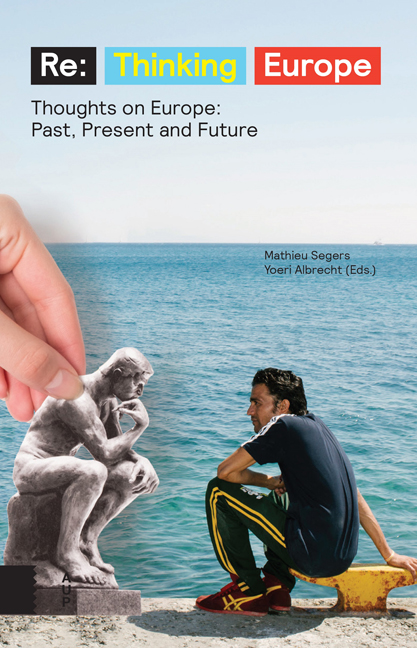New Alliances and Recomposition Logic: For a Western Union between Europe and the United States
Published online by Cambridge University Press: 07 January 2021
Summary
2008
For centuries the West has dominated the world. By removing barriers, developing trade and getting continents to communicate, Western Europe, followed by the United States, as rivals or associates, have extended their hold and acted as examples, as authors of international rule and masters of its sanction.
Today, the West is both divided and threatened. History is being written without it, and one day history may turn against it. To be sure to avoid this Westerners need to be aware of the risk of convincing themselves that affirming a greater solidarity among themselves is the only way. They are united in their traditions, cultures and ideals, and economically, morally, politically and strategically close as well. They are most threatened by the disorder of the world and the emergence of new powers that do not share the same values, whose notions of life, humans and society are different. A real union between Europe and the United States would see them reinforcing each other.
Europe and the United States do not have good relations. When problems arise, Europe and the United States still do not understand that the dangers threatening them are largely same ones, and that they must show a united front: conflicts in Africa between insecure states with contested borders, instability in Latin America, upheavals in the balance of power in Asia-Pacific and the Middle East, UN weakness, constant violations of the actual foundations of international law, economic instability, monetary disorder, and today a financial crisis of an unprecedented seriousness, energy shortage fears, massive movements of populations fleeing poverty, an increase in ethnic and religious conflicts, the arms race, temptation of withdrawal, fear of the future, and so on. The military Alliance that is supposed to unite them is unbalanced, as Americans stay sedentary and Europeans, resigned.
Without the West, will the world build balance on new foundations?
The West faces competition, an unprecedented situation for many centuries, which gradually diminishes its place and influence. Today, not only the marginalisation of the West is taking place, but also its rejection. How many nations contest not only its material, economic and military domination, were it declining, but also its entire moral values and principles of collective life?
- Type
- Chapter
- Information
- ReThinking Europe Thoughts on Europe: Past, Present and Future, pp. 273 - 282Publisher: Amsterdam University PressPrint publication year: 2016



